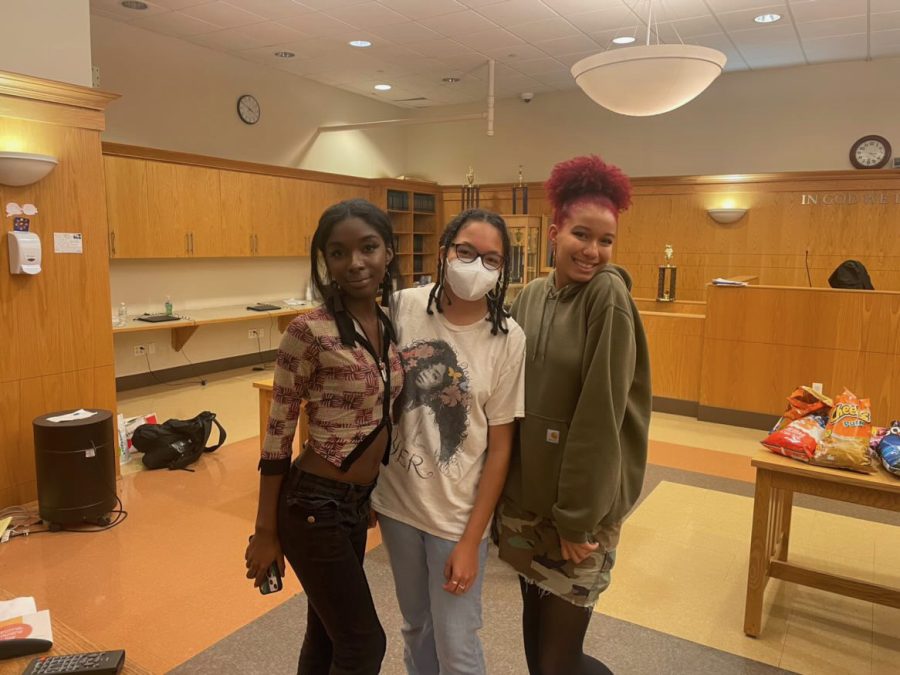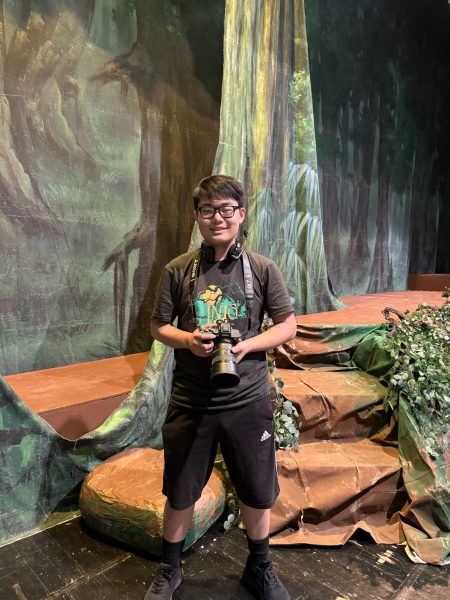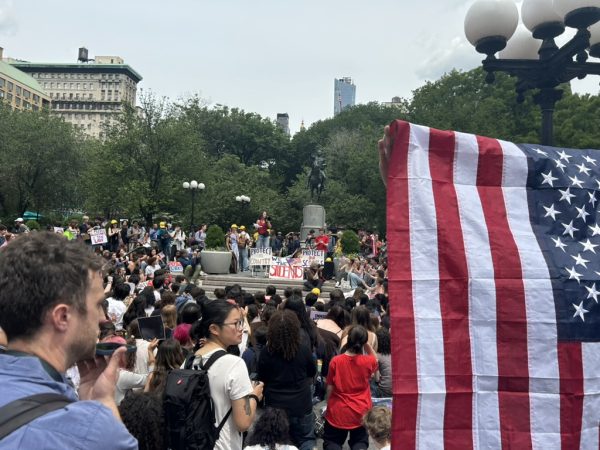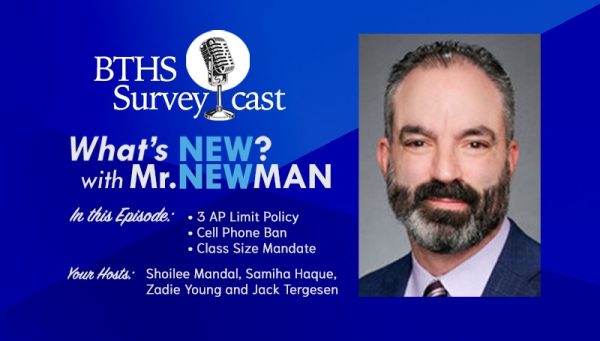Preserving Black Excellence at Tech
BSU Leaders at the club’s first meeting of the year Left to Right: Chloe Beck (Head of Public Relations, ’23), Kayla Ruano-Lumpris (Co-Research manager, ’24), Gabrielle Cayo (President, ’23)
Brooklyn Tech has many clubs that aim to build community within the student body. The Black Student Union (BSU) fosters a safe space for Black students, initiates insightful and necessary conversations, and ensures that the legacy of Black excellence at Tech is not lost as the school becomes increasingly less diverse.
Tech has not always struggled with diversity. According to the New York Post’s Susan Edelman, from the 1970s to 1990, just over 50% of Tech’s student body was made up of Black and Hispanic students. Since then, Tech’s diversity has dramatically dwindled. Currently, the student body is made up of just 335, or about 6% Black students.
Tech’s BSU was founded in 2008, due to the school’s decline in diversity. Patrice Piton, who attended Tech in the 1980s, says that although there were not many opportunities to discuss issues affecting the Black community in class, “[she] never felt uncomfortable because [she] was surrounded with Black peers.” She also added that, “[she cannot] recall one [racist] incident that [she] personally experienced or that a friend experienced.”
Today, only a few Black students are seen in most classes. This is why it is vital for Black students to find a community, like the BSU, in which they can exist unapologetically. Chloe Beck, the BSU’s Head of Public Relations, explained, “BSU has really helped me find my place at Tech, and feel wanted. The people in the BSU made me feel like I wasn’t crazy for having these experiences…the club gives you a space to relate to people.”
BSU President Gabrielle Cayo elaborated, “I [felt like I] had to prove myself to every single teacher, and that I had to prove to my peers that I was smart and worthy of being there.” The competitive atmosphere of Tech, combined with frequent racist interactions many Black students experience, creates extreme imposter syndrome for many Black students. Despite going through the same admissions process as every other student, many Black students feel undeserving of their spots at Tech. However, being surrounded by students who can relate to their experiences can help expel feelings of self doubt.
The BSU has also been instrumental in preventing racist incidents from being swept under the rug. The club’s advisor, Ms. Rachel Germany, has been working with the club since its founding. She explained that in 2015, the BSU spread awareness by “[starting] the hashtag #BlackAtBrooklynTech which got some local and even some national media attention.” She added, “ I would argue that was the [inspiration for] a number of other ‘#Black Ats’ at various institutions.” Germany was extremely proud that the BSU was able to expand the conversation of what it feels like to be a Black student at Tech.
She further explained, “[In the BSU], the conversation inevitably very quickly turns into incidents of racism from teachers and students. A lot of [the incidents] are downplayed by Black students, mostly because they’ve endured them for most of their life… We cover lots of important topics depending on the year, current events, police brutality, colorism, all different issues in the Black community. But I think the most important conversation we’ve had is what does it feel like to be a [Black] student here.”
The BSU plays an especially large role for those who come from multiethnic backgrounds. During their meetings, they discuss a wide range of experiential differences that come with being African-American, Afro-Caribbean, and Afro-Latino. Kayla Ruano-Lumpris, the BSU’s Co-Research Manager, added that, “being Black, Hispanic and Indigenous, the BSU has helped me connect all those parts of my identity”.
In a school of 6,000 with a continuously decreasing Black population, the BSU plays the vital role of fostering connections between Black students.The BSU is a space that appreciates Black excellence, and one that should not be undervalued.










































Cherryann Joseph • Dec 8, 2022 at 5:39 pm
I was a BTHS student in the 1980s and a teacher in the 1990s and 2000s. I always viewed Tech’s diversity as a badge of honor. We were always the most diverse of all the specialized high schools.
The blame for the decline in black and Hispanic students lies at the feet of progressive DOE educrats who eliminated gifted and talented programs from neighborhoods. The NYT published an articles on the correlation a few years back.
Also, the Black Student Union/Club existed before 2008. Mr. Henry Jackon, retired math teacher, was the advisor for many decades.
Kwame Asante • Oct 30, 2022 at 11:22 pm
This article truly saddens me, both of my daughters attended Brooklyn Tech in the mid to late s90, and excelled greatly under the leadership of Principal McCaskill. And as the father of both these phenomenal African-American daughters, I question why more isn’t being done to raring about greater diversity at the outstanding school?
Cherryann Joseph • Dec 8, 2022 at 5:43 pm
The NYT published an article on this problem a few years ago.
A summary of the root cause: Progressive educrats eliminated gifted and talented programs from black and Hispanic neighborhoods.